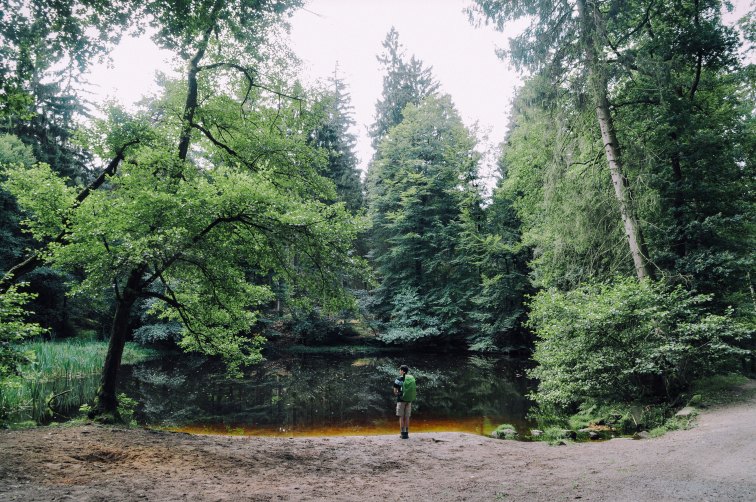
By Amen Dhesi
Exercise your body to exercise your mind
Lazarus and Folkman developed the theory of stress and coping. They ascribed that if an individual does not have the psychological resources to cope with the demands of their environment they will display negative coping strategies such as avoidance coping. I know this all too well.
“Exercise is a fantastic medicine which can be done individually or in a group setting.”
I would avoid many of the tasks I needed to complete when placed under time constraints or a stressful environment. However, once I had gone to the gym, walked outside, or done some form of physical exercise I would instantly become focused and plan the next day and know what tasks I would complete.
“Exercise is the glue to my lifestyle – although there are other components such as nutrition, mindfulness, education, socialising, hydration, and investment.”
Meeting the NHS (National Health Service) guidelines of exercise is paramount. 30 minutes of high intensity exercise 3 times per week or 5 bouts of lower intensity exercise for 60 minutes are 2 ways they are achievable. We all become lost in social media, work / home balance, stress and worries and push exercise out of sight. Almost tarnishing it with a negative connotation that it will leave us with less time committing to the ‘important things’. However, I view exercise as something that will improve mood, efficiency, lower stress while cultivating life satisfaction and perceived body satisfaction. I hope this will influence you to implement an exercise plan.
“We all become lost in social media, work / home balance, stress and worries and push exercise out of the time we have.”
When I speak about an exercise plan I mean a regular commitment to a healthier lifestyle. Exercise is the glue to my lifestyle – although there are other components such as nutrition, mindfulness, education, socialising, hydration, and investment. Should all the cogs turn effectively together over a period of time you will naturally develop.
A great place to start is to read the “transtheoretical model” of exercise behaviour change. This theory is broken down into constructs of: stages of change, processes and levels of change, decisional balance, and self-efficacy. This theory can be accessed through searching google scholar. Furthermore, reading books such as Changeology (2012) or Changing to Thrive (2016) provide practical examples of how the theory is implemented.
“Engage with mindfulness on the walk, smell the air, listen to the trees, feel the wind in your face.”
If this blog has inspired you to modify your lifestyle in any way shape or form start with a small walk. This could be with your partner, pet or yourself. Engage with mindfulness on the walk, smell the air, listen to the trees, feel the wind in your face. Research into what type of exercise would best suit you: cardio, muscular endurance, strength, circuits, HIIT (High-intensity interval training), bodyweight or outdoor.
My passion for exercise and mental health has led me down a path to combine the two. Exercise is a fantastic medicine which can be done individually or in a group setting. If we specifically look at childrens mental health, obesity, and exercise, the statistics are alarming. Due to this fact, I am embarking upon creating a non profit organisation in which we challenge societies current view of how to treat or prevent mental health issues developing.
Click here to learn more about and support Amen’s Non Profit Organisation.
